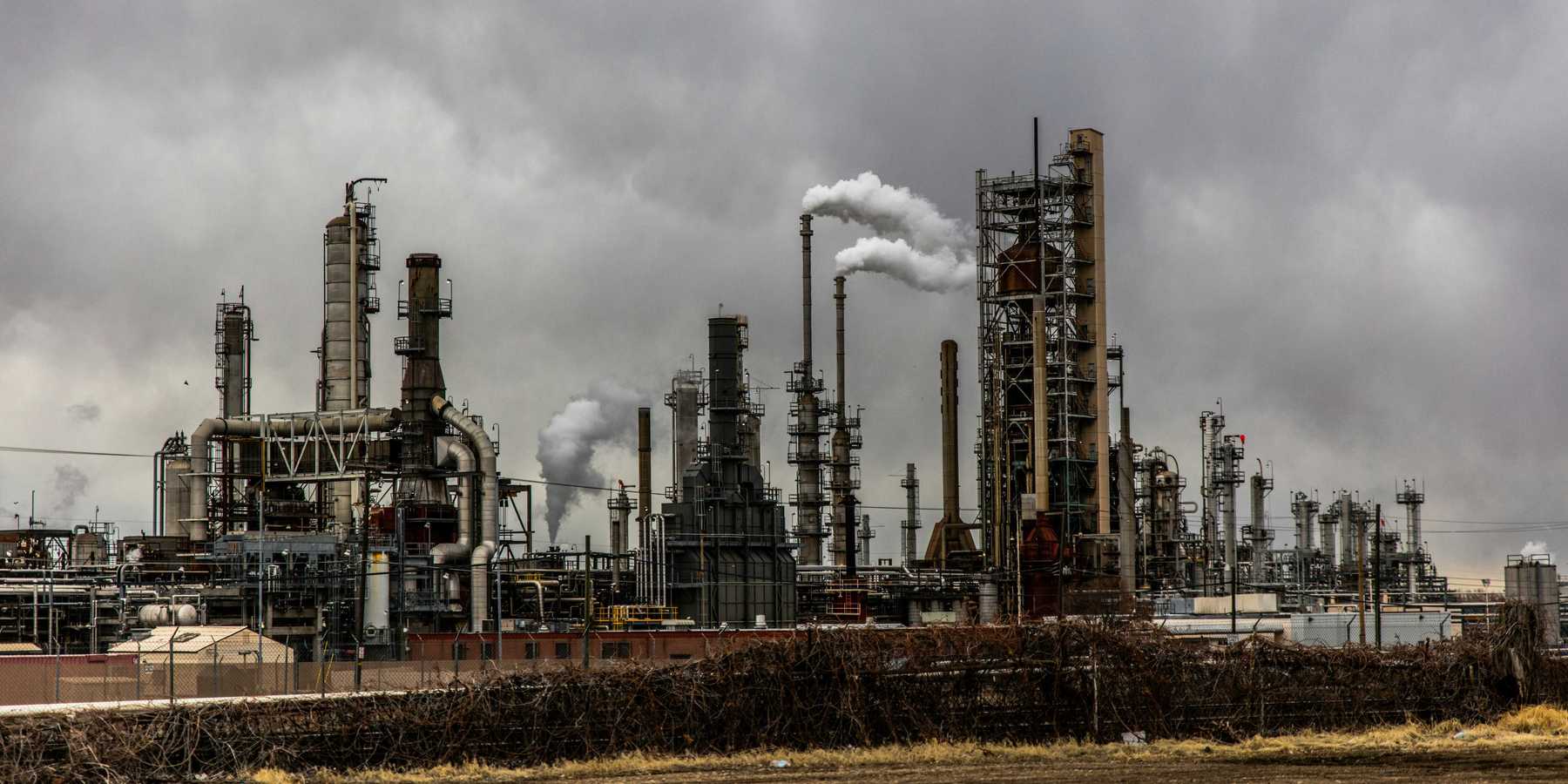Trump administration halts Princeton climate research funding, citing rise in youth anxiety
The Trump administration has cut nearly $4 million in climate research funding to Princeton University, claiming the programs cause unnecessary alarm and contribute to youth anxiety.
Brad Plumer and Austyn Gaffney report for The New York Times.
In short:
- The Commerce Department announced it would stop funding a major climate modeling partnership between the National Oceanic and Atmospheric Administration (NOAA) and Princeton, accusing it of promoting “exaggerated” climate threats.
- Nobel Prize-winning meteorologist Syukuro Manabe had contributed to the now-defunded program, which aimed to model ocean-atmosphere changes and support educational initiatives for K-12 students.
- Additional cuts target Princeton-led studies on water availability and coastal flooding, part of a wider federal pullback on climate-related grants across agencies.
Key quote:
“Sadly, climate-related risks will not vanish if they are denied. With the deliberate choice to undermine climate science, knowledge production and science-based university programs, people will be less informed, less prepared.”
— Valérie Masson-Delmotte, climate scientist at the University of Paris-Saclay
Why this matters:
As the climate crisis deepens, the decades-long collaboration between Princeton University and the National Oceanic and Atmospheric Administration has improved the precision of climate models that inform everything from local floodplain maps to international climate negotiations. These models help communities plan for extreme weather, industries brace for supply chain disruptions, and health officials respond to heatwaves and air quality threats. Now, under President Trump’s second term, federal scrutiny of climate-related research has intensified, with proposals to defund or dismantle programs viewed as politically charged. The administration frames it as a reorientation of agency priorities, but scientists and public officials alike warn it could seriously compromise the nation’s preparedness in the face of worsening environmental conditions.
Related: Opinion: Cuts to NOAA threaten U.S. climate research and weather forecasting













